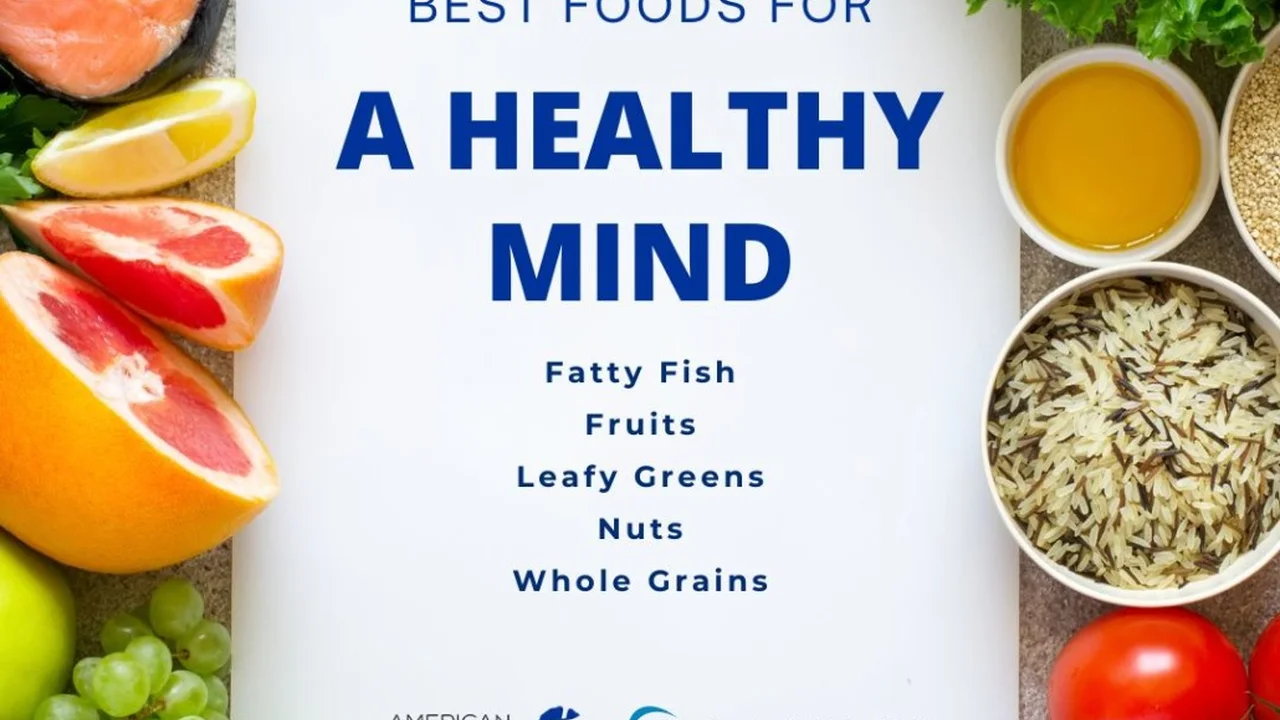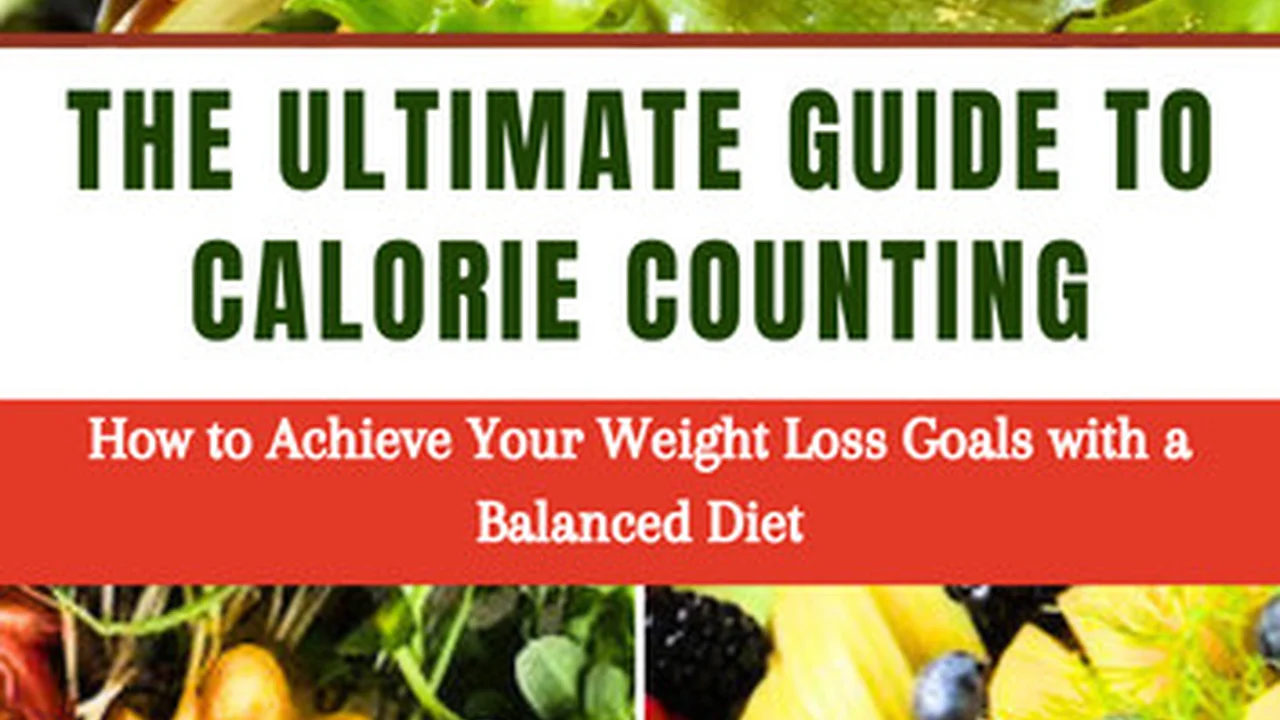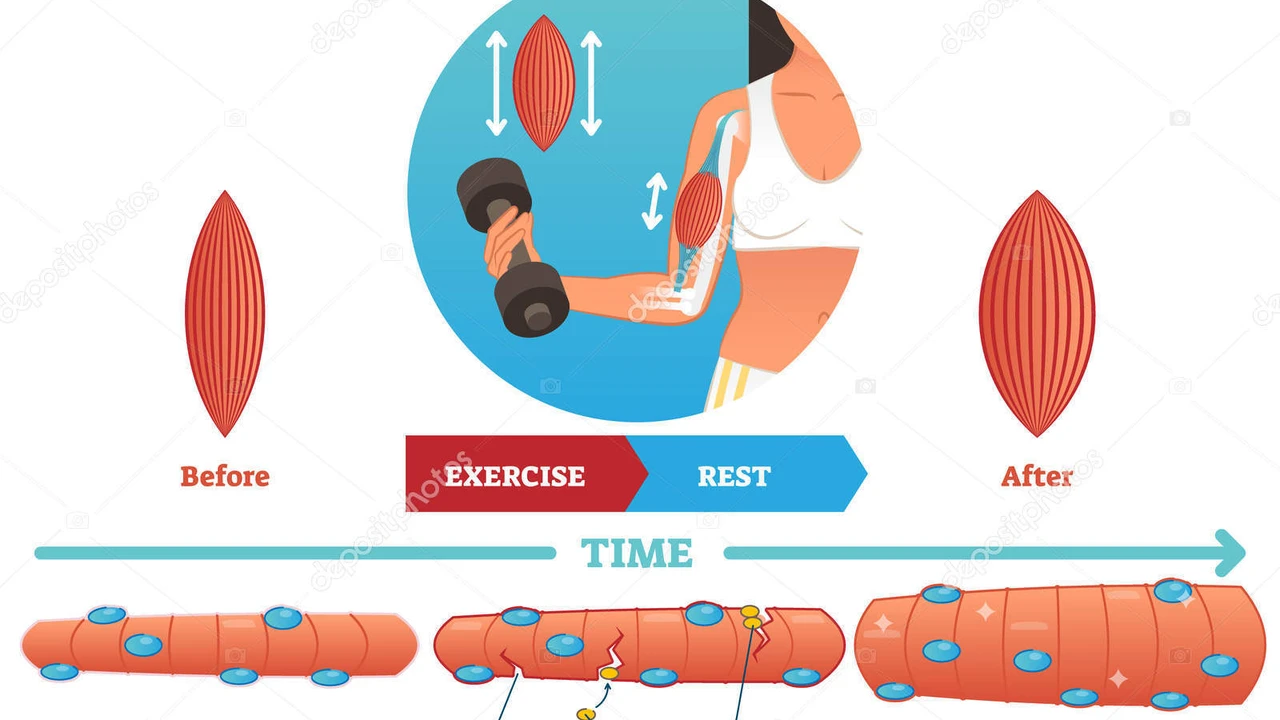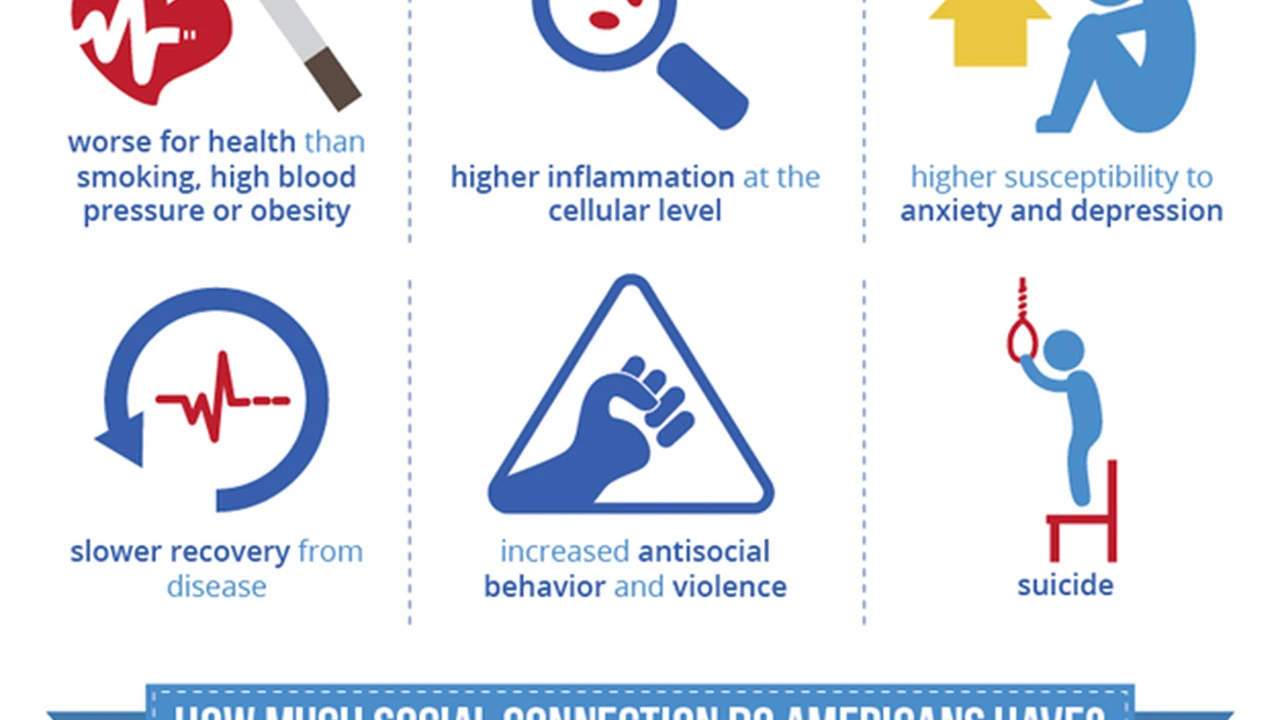The Best Foods for Mental Health

Certain foods can support mental health. Discover the best foods for mental health and their potential benefits. Nourish your brain with wholesome foods and enhance your mental well-being.
Understanding the Gut-Brain Connection and Mental Health
Hey there! Ever feel like your stomach is tied in knots when you're stressed? Or maybe you get a craving for comfort food when you're down? That's the gut-brain connection at work. It's a two-way street where your gut health can directly impact your mental state, and vice versa. Think of it as a superhighway between your digestive system and your brain. When your gut is happy, your brain is more likely to be happy too!
The gut microbiome, a bustling community of trillions of bacteria, fungi, and other microbes living in your digestive tract, plays a massive role in this connection. These little guys aren't just breaking down your food; they're producing neurotransmitters like serotonin, dopamine, and GABA, which are crucial for regulating mood, anxiety, and even sleep. A healthy, diverse gut microbiome means more happy neurotransmitters and a happier you. Conversely, an imbalance in your gut (dysbiosis) can lead to inflammation and reduced neurotransmitter production, potentially contributing to mental health issues like anxiety and depression.
Omega-3 Fatty Acids Rich Foods for Brain Health
Omega-3 fatty acids are essential fats that your body can't produce on its own, so you need to get them from your diet. They're like the VIPs of brain health, playing a crucial role in brain structure and function. These fats are vital for maintaining the fluidity of brain cell membranes, allowing for efficient communication between neurons. Studies have shown that omega-3s can help reduce symptoms of depression, anxiety, and even improve cognitive function.
So, where can you find these brain-boosting fats? Fatty fish like salmon, mackerel, sardines, and tuna are excellent sources. Aim to include these in your diet at least twice a week. If you're not a fan of fish, don't worry! You can also find omega-3s in plant-based sources like flaxseeds, chia seeds, walnuts, and hemp seeds. Consider adding these to your smoothies, yogurt, or salads for an extra dose of brainpower. For a more concentrated dose, you can also consider taking an omega-3 supplement, but always talk to your doctor before starting any new supplements.
Product Recommendations:
- Nordic Naturals Ultimate Omega: Known for its high potency and purity. Around $40 for a bottle. Best for overall brain health support.
- Viva Naturals Triple Strength Omega-3 Fish Oil: A more budget-friendly option with a good concentration of EPA and DHA. Around $30 per bottle. Good for those new to omega-3 supplementation.
- Sports Research Vegan Omega-3: A plant-based option derived from algae, perfect for vegetarians and vegans. Around $35 per bottle. Ideal for those following a plant-based diet.
Antioxidant-Rich Fruits and Vegetables for Mental Well-being
Antioxidants are like the body's cleanup crew, fighting off harmful free radicals that can damage cells and contribute to inflammation. Chronic inflammation is linked to a variety of mental health issues, including depression and anxiety. By incorporating antioxidant-rich foods into your diet, you can help protect your brain cells and promote overall well-being.
Think vibrant colors when it comes to antioxidants! Berries like blueberries, strawberries, and raspberries are packed with antioxidants. Leafy greens like spinach, kale, and collard greens are also excellent sources. Other great options include avocados, broccoli, carrots, and sweet potatoes. Aim for a rainbow of fruits and vegetables in your diet each day to maximize your antioxidant intake. Throw some berries into your morning smoothie, add spinach to your salad, or roast some colorful vegetables for dinner. It's all about making small, consistent choices that add up to big benefits for your brain.
The Power of Probiotics: Fermented Foods for a Happy Gut and Mind
As we discussed earlier, gut health is closely linked to mental health. Probiotics, the beneficial bacteria found in fermented foods, can help improve your gut microbiome and promote a healthier gut-brain connection. These little guys can help reduce inflammation, improve digestion, and even boost your immune system.
Some fantastic sources of probiotics include yogurt (look for varieties with live and active cultures), kefir, sauerkraut, kimchi, kombucha, and miso. Start by incorporating small amounts of these foods into your diet and gradually increase your intake as your gut adjusts. For example, you could have a small serving of yogurt with your breakfast, add sauerkraut to your sandwich, or enjoy a glass of kombucha in the afternoon. Just be mindful of added sugars in some of these products and choose options with minimal added sweeteners.
Product Recommendations:
- Kevita Sparkling Probiotic Drink: A refreshing and tasty way to get your daily dose of probiotics. Comes in various flavors. Around $3 per bottle. Great for on-the-go probiotic intake.
- Cleveland Kitchen Classic Kimchi: A delicious and authentic kimchi that's packed with probiotics. Around $10 per jar. Perfect as a side dish or added to meals.
- Siggi's Icelandic Skyr Yogurt: A high-protein, low-sugar yogurt with live and active cultures. Around $2 per cup. A healthy and convenient breakfast or snack option.
Magnesium-Rich Foods for Stress Reduction and Mood Regulation
Magnesium is a mineral that plays a vital role in hundreds of bodily functions, including nerve function, muscle relaxation, and blood sugar control. It's also essential for regulating mood and reducing stress. Studies have shown that magnesium deficiency can contribute to anxiety, depression, and even insomnia.
Luckily, many delicious foods are packed with magnesium! Leafy greens like spinach and kale are excellent sources. Nuts and seeds like almonds, cashews, pumpkin seeds, and sunflower seeds are also great options. Other good sources include avocados, bananas, dark chocolate (yes, chocolate!), and whole grains. Aim to include a variety of these foods in your diet each day to ensure you're getting enough magnesium. Snack on a handful of almonds, add spinach to your smoothie, or enjoy a square of dark chocolate after dinner. Small changes can make a big difference in your magnesium levels and your overall well-being.
Vitamin D for Seasonal Affective Disorder and Overall Mood
Vitamin D, often called the "sunshine vitamin," is crucial for bone health, immune function, and mood regulation. Your body produces vitamin D when exposed to sunlight, but many people don't get enough, especially during the winter months or if they spend most of their time indoors. Vitamin D deficiency has been linked to seasonal affective disorder (SAD), depression, and other mood disorders.
While sunlight is the best source of vitamin D, you can also get it from certain foods. Fatty fish like salmon, tuna, and mackerel are good sources. Fortified foods like milk, yogurt, and orange juice also contain vitamin D. You can also consider taking a vitamin D supplement, especially during the winter months. Talk to your doctor to determine the right dosage for you. Aim to get your vitamin D levels checked regularly to ensure you're in the optimal range for mental health.
Product Recommendations:
- NatureWise Vitamin D3 5000 IU: A high-potency vitamin D3 supplement. Around $15 per bottle. Recommended for those with diagnosed vitamin D deficiency.
- Carlson Labs Vitamin D3 Drops: Easy-to-use liquid vitamin D3. Around $20 per bottle. Convenient for those who have trouble swallowing pills.
- Garden of Life Vitamin D3 Vegan: A plant-based vitamin D3 supplement derived from lichen. Around $25 per bottle. Suitable for vegans and vegetarians.
Foods to Limit or Avoid for Optimal Mental Health
While focusing on adding brain-boosting foods to your diet is important, it's also crucial to be mindful of foods that can negatively impact your mental health. Processed foods, sugary drinks, and excessive amounts of caffeine and alcohol can all wreak havoc on your mood and overall well-being.
Processed foods are often loaded with unhealthy fats, added sugars, and artificial ingredients, which can contribute to inflammation and disrupt your gut microbiome. Sugary drinks can cause blood sugar spikes and crashes, leading to mood swings and energy dips. Excessive caffeine can trigger anxiety and insomnia, while alcohol can disrupt sleep and worsen depression symptoms. Aim to limit your intake of these foods and beverages as much as possible. Choose whole, unprocessed foods whenever possible, opt for water over sugary drinks, and moderate your caffeine and alcohol consumption.
Hydration is Key: Water for Brain Function and Mood
Dehydration can significantly impact brain function and mood. Even mild dehydration can lead to fatigue, difficulty concentrating, and irritability. Your brain is about 75% water, so staying properly hydrated is essential for optimal cognitive function and emotional well-being.
Aim to drink at least eight glasses of water per day. You can also get fluids from other sources like fruits, vegetables, and herbal teas. Carry a water bottle with you throughout the day and sip on it regularly. Pay attention to your body's cues and drink more water when you're thirsty. Staying hydrated is a simple but powerful way to support your brain health and improve your mood.
The Importance of a Balanced Diet and Lifestyle for Mental Wellness
Ultimately, the best approach to supporting your mental health through diet is to focus on a balanced and varied diet that includes plenty of fruits, vegetables, whole grains, lean protein, and healthy fats. Combine this with other healthy lifestyle habits like regular exercise, adequate sleep, stress management techniques, and social connection, and you'll be well on your way to a happier, healthier you.
Remember, food is just one piece of the puzzle when it comes to mental health. If you're struggling with your mental health, it's important to seek professional help from a therapist, psychiatrist, or other qualified mental health professional. They can help you develop a personalized treatment plan that addresses your specific needs and goals. Taking care of your mental health is an act of self-love, and you deserve to feel your best!
:max_bytes(150000):strip_icc()/277019-baked-pork-chops-with-cream-of-mushroom-soup-DDMFS-beauty-4x3-BG-7505-5762b731cf30447d9cbbbbbf387beafa.jpg)






